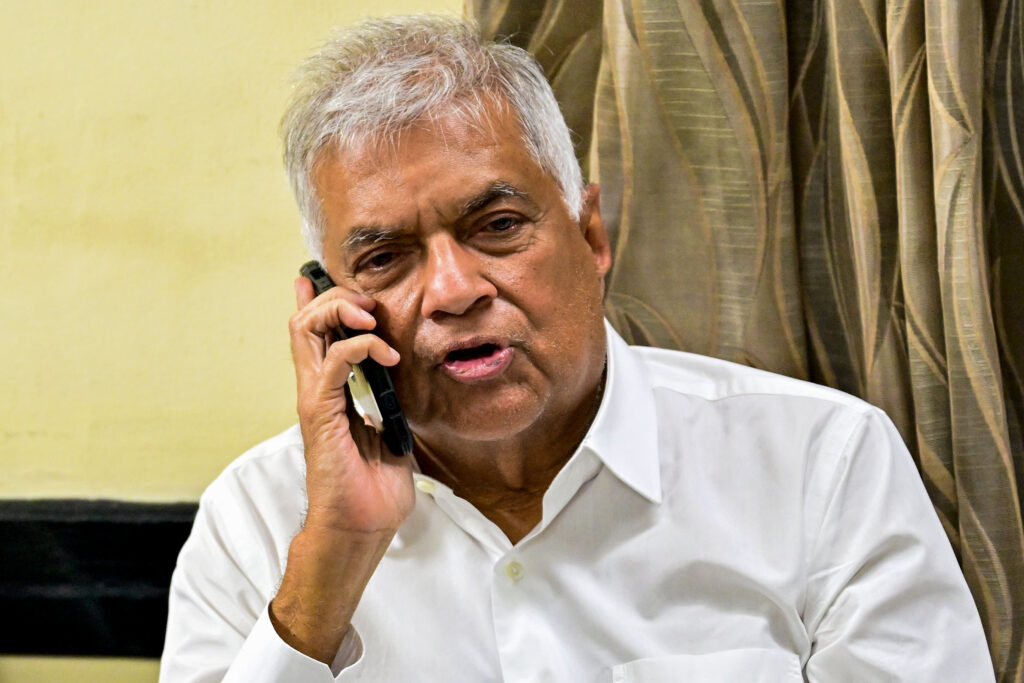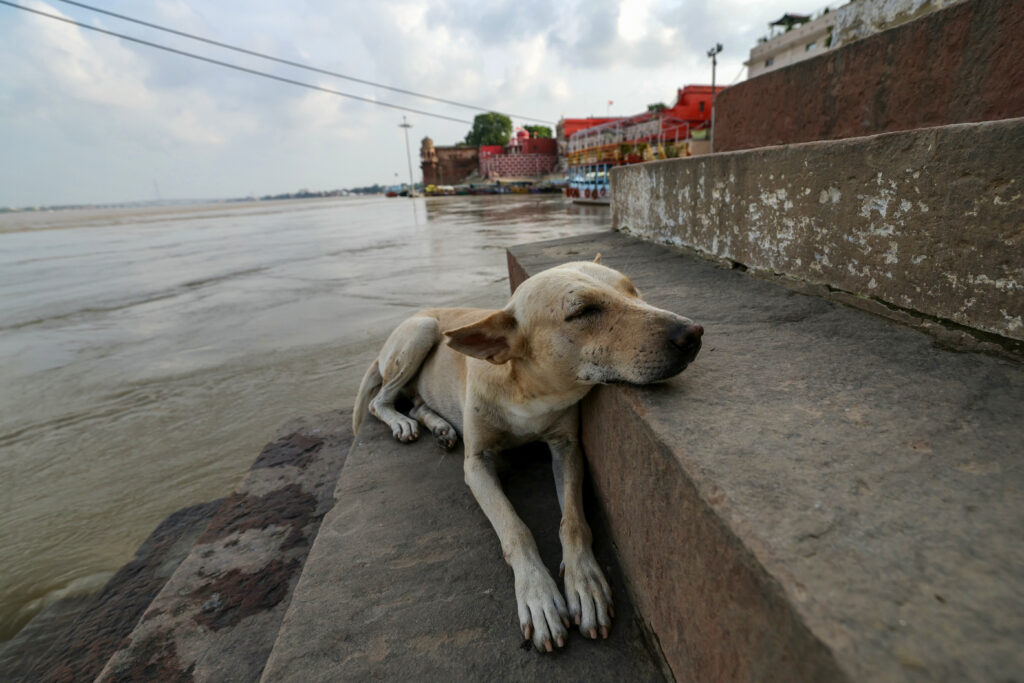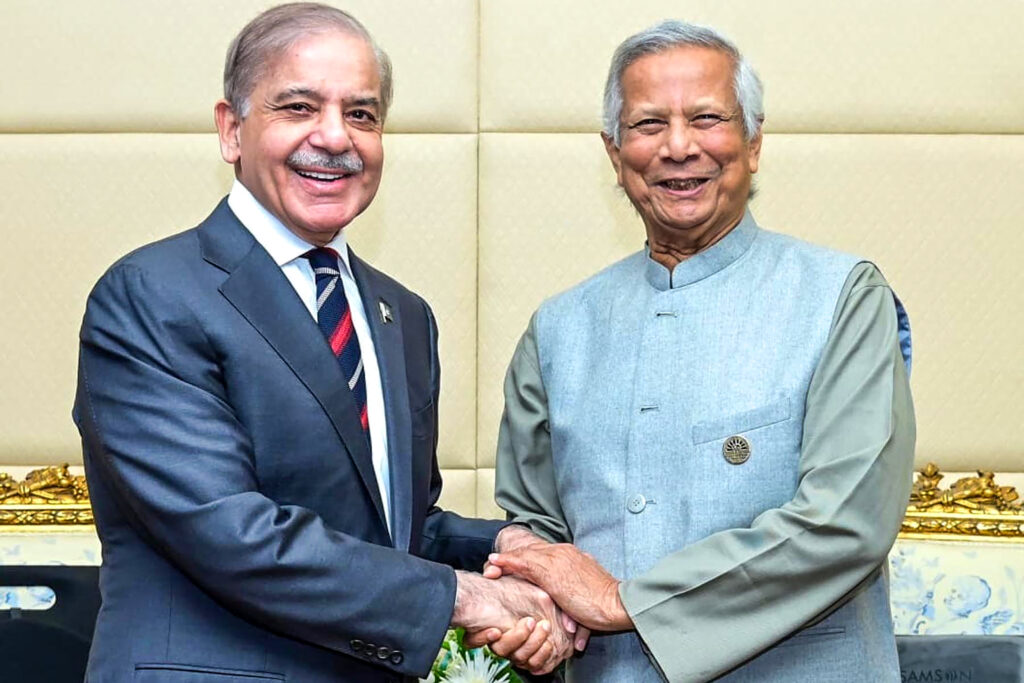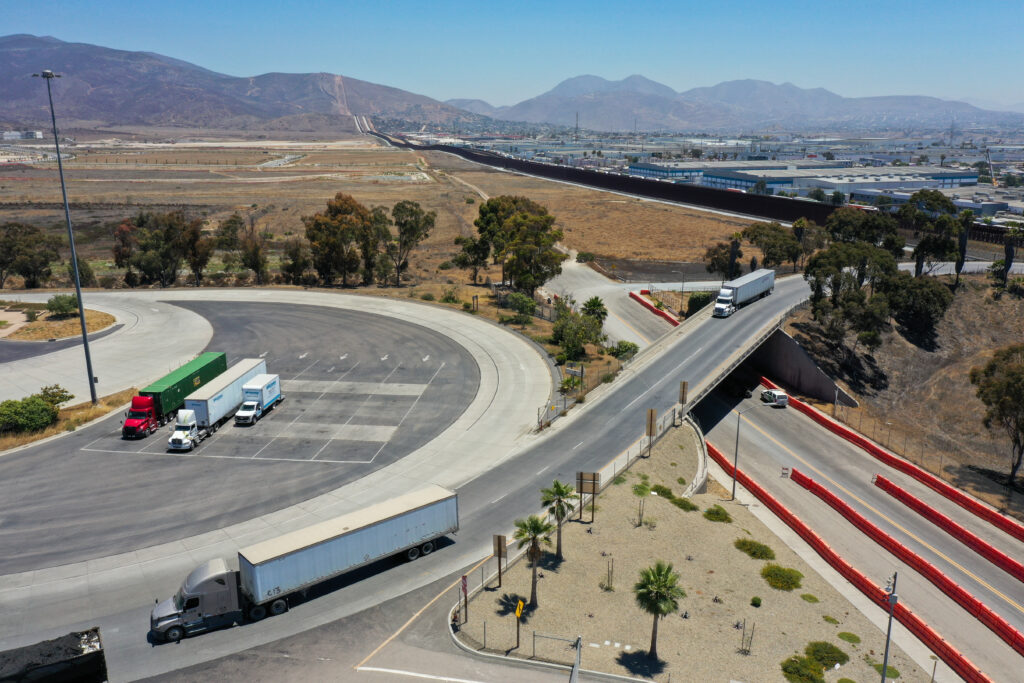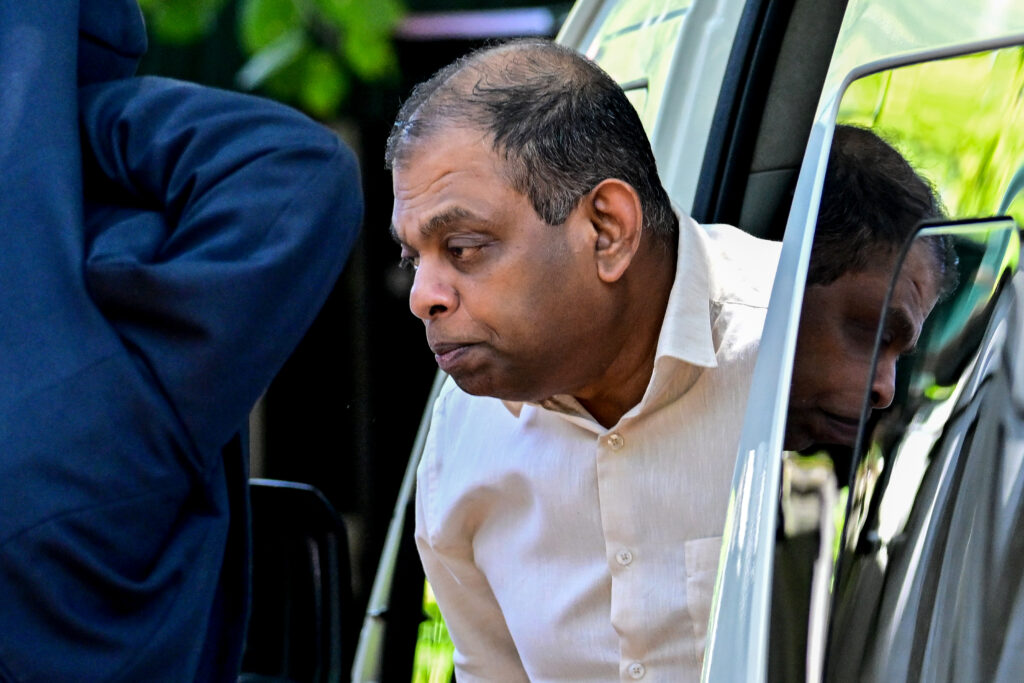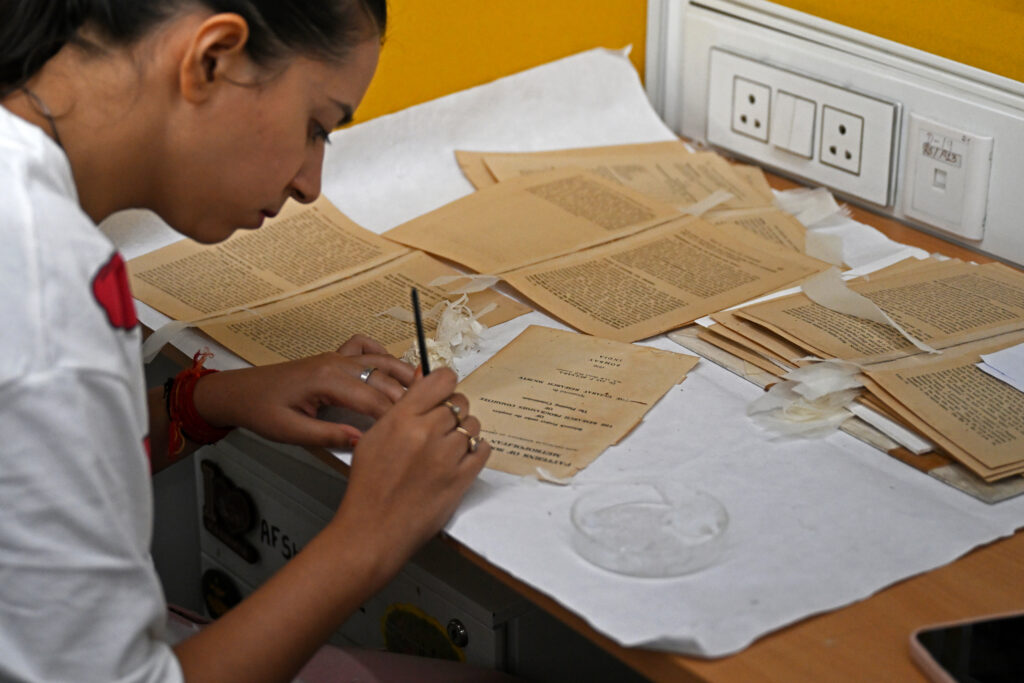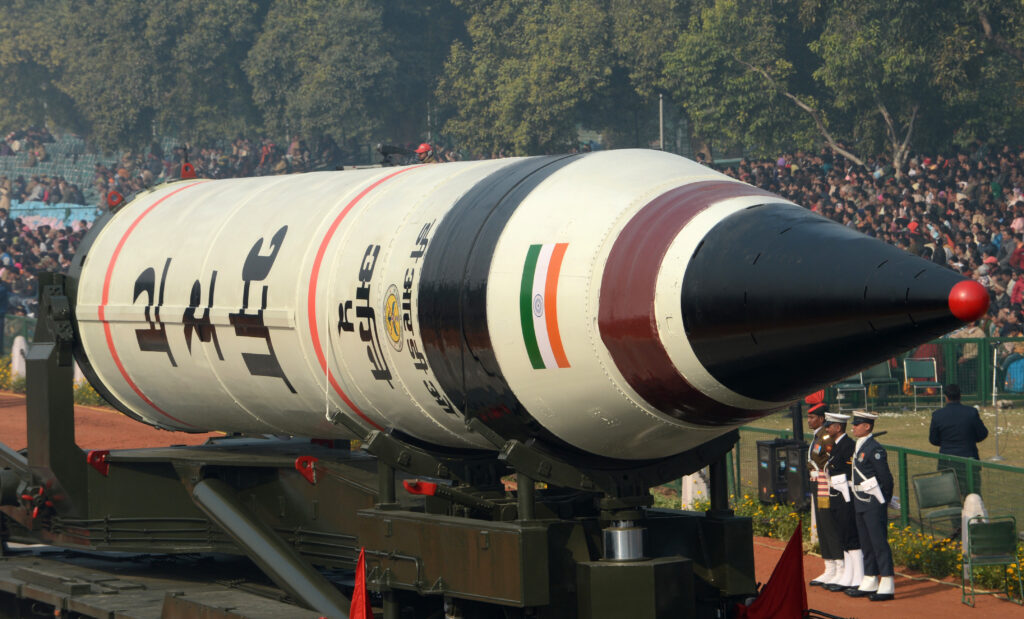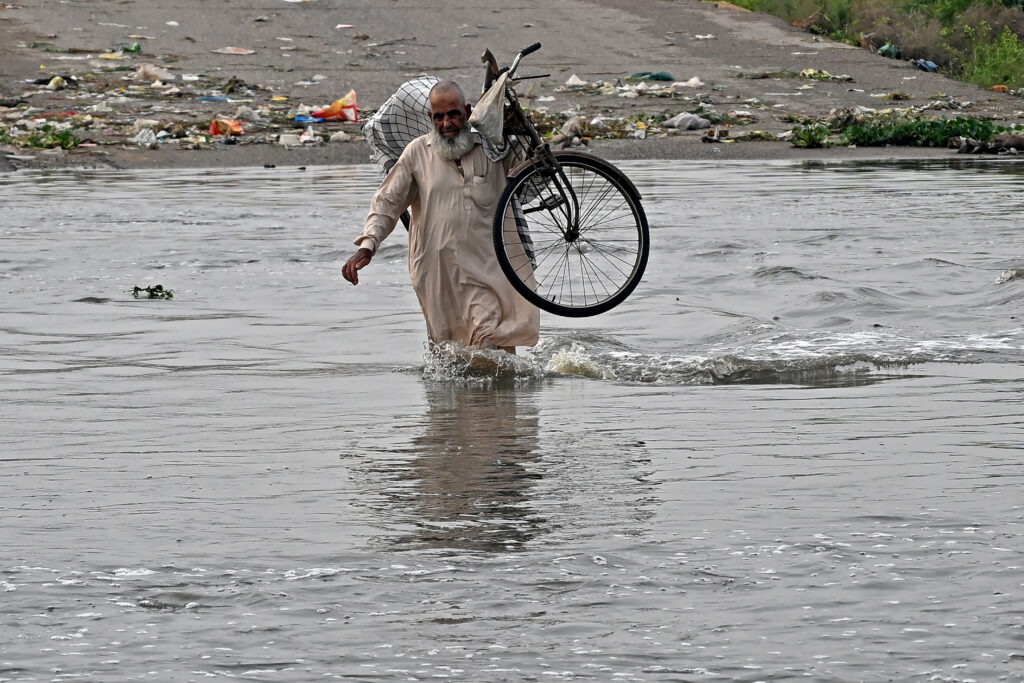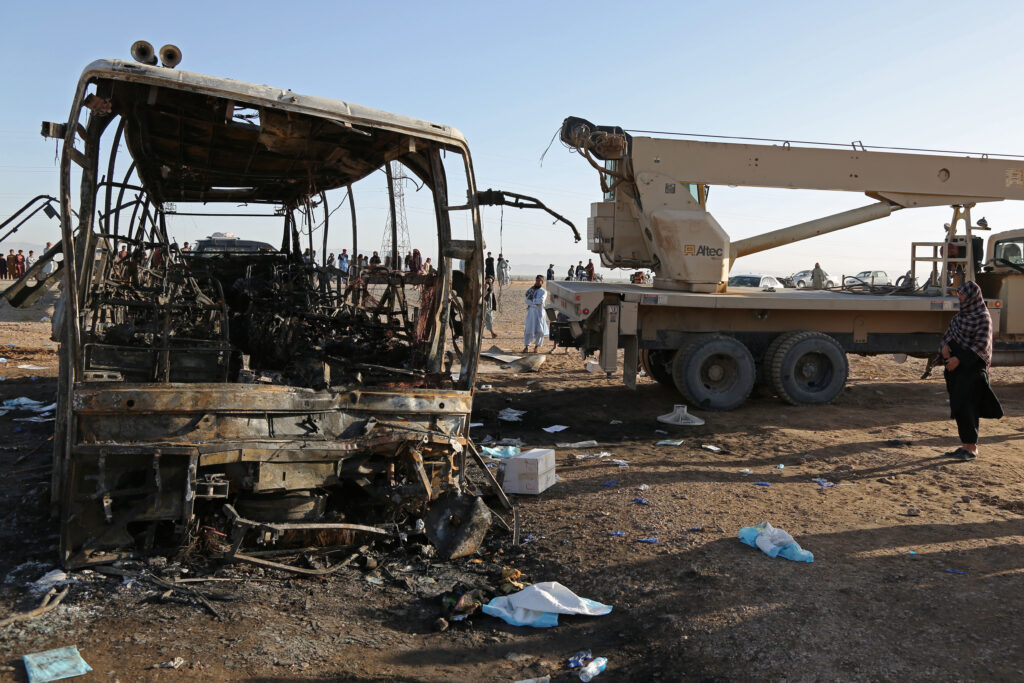Sri Lanka ex-president arrested in anti-corruption crackdown
Sri Lankan police arrested former president Ranil Wickremesinghe on Friday, making him the most senior opposition figure to be detained under an anti-corruption crackdown by the new leftist government.Sri Lanka’s anti-graft units have led the crackdown since President Anura Kumara Dissanayake came to power in September on a promise to fight corruption.Wickremesinghe, 76, who lost the last election to Dissanayake, was taken into custody after being questioned about a September 2023 visit to London to attend a ceremony for his wife at a British university, a police detective told AFP.”We are producing him before the Colombo Fort magistrate,” the officer said, adding that they were pressing charges for using state resources for personal purposes.Wickremesinghe had stopped in London in 2023 on his way back from Havana, where he attended a G77 summit.His office had previously denied that he abused his position to visit London.Three of his then senior aides were questioned this month by the Criminal Investigation Department (CID).He and his wife, Maithree, attended a University of Wolverhampton ceremony where she was conferred an honorary professorship.Wickremesinghe had maintained that his wife’s travel expenses were met by her and that no state funds were used.However, the CID alleged that Wickremesinghe used government money for his travel on a private visit and that his bodyguards were also paid by the state.Wickremesinghe became president in July 2022 for the remainder of Gotabaya Rajapaksa’s term after Rajapaksa stepped down following months of street protests over alleged corruption and mismanagement.Wickremesinghe secured a $2.9 billion bailout from the International Monetary Fund (IMF) in early 2023 and was credited with stabilising the economy after the country’s worst-ever financial meltdown in 2022.He doubled taxes and removed energy subsidies as part of tough austerity measures to raise state revenue.He lost his re-election bid in September but remained a key opposition figure despite his coalition holding only two seats in the 225-member parliament.Members of Wickremesinghe’s United National Party were seen arriving at the Colombo Fort magistrate’s court, where he was due to be taken later on Friday.Key opposition politicians, including two former senior ministers, have been jailed for up to 25 years for corruption since the new leftist government took office.Several members of former president Mahinda Rajapaksa’s family have also been charged with misusing state funds and are being prosecuted. Many of them are currently on bail pending court hearings.Dissanayake’s government earlier this month impeached the police chief after accusing him of running a criminal network that supported politicians. The prisons chief was also jailed for corruption.
